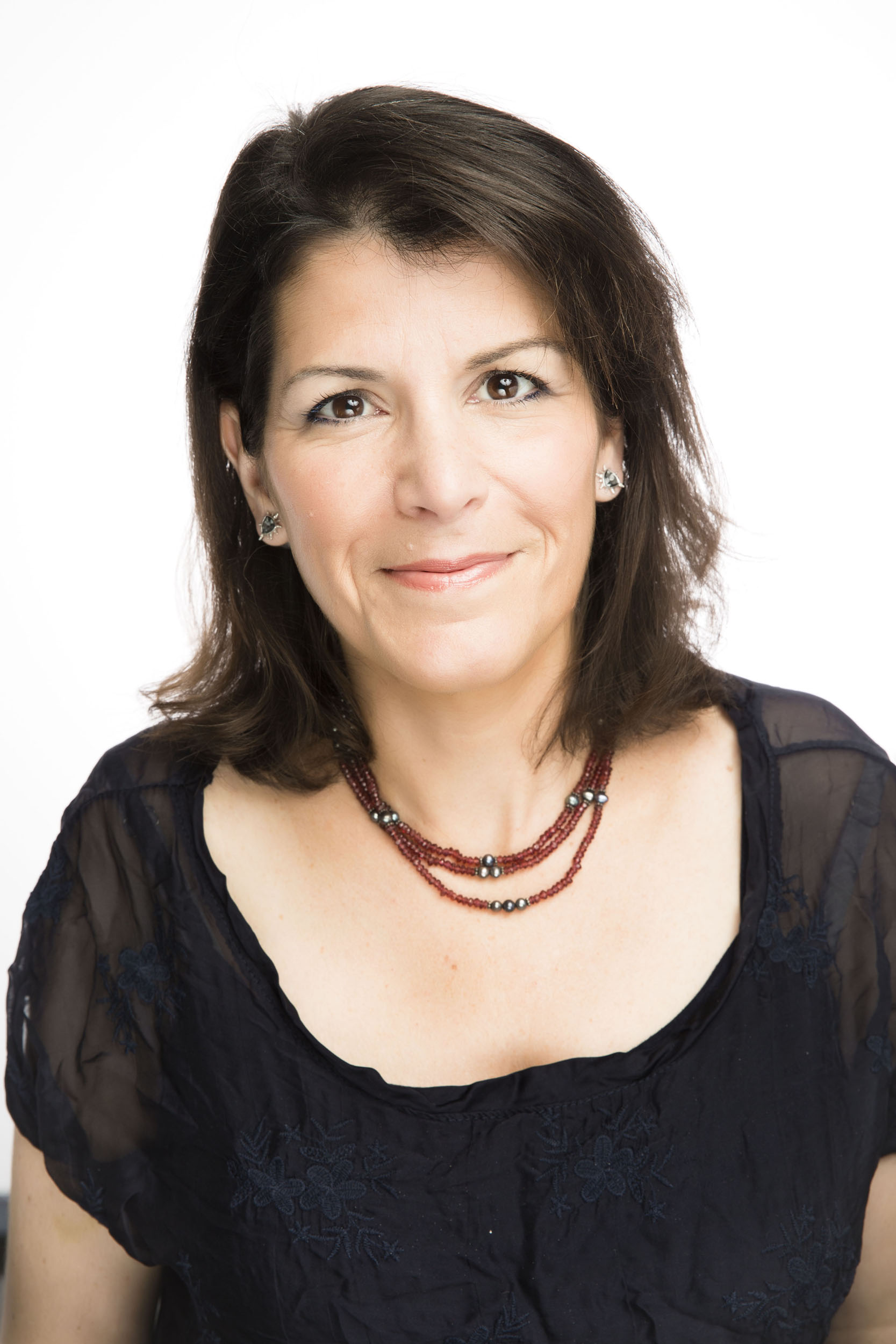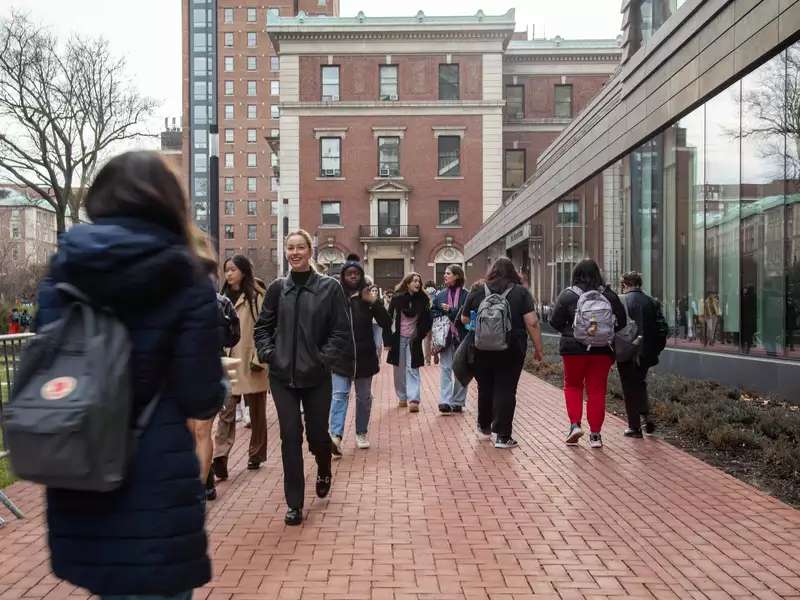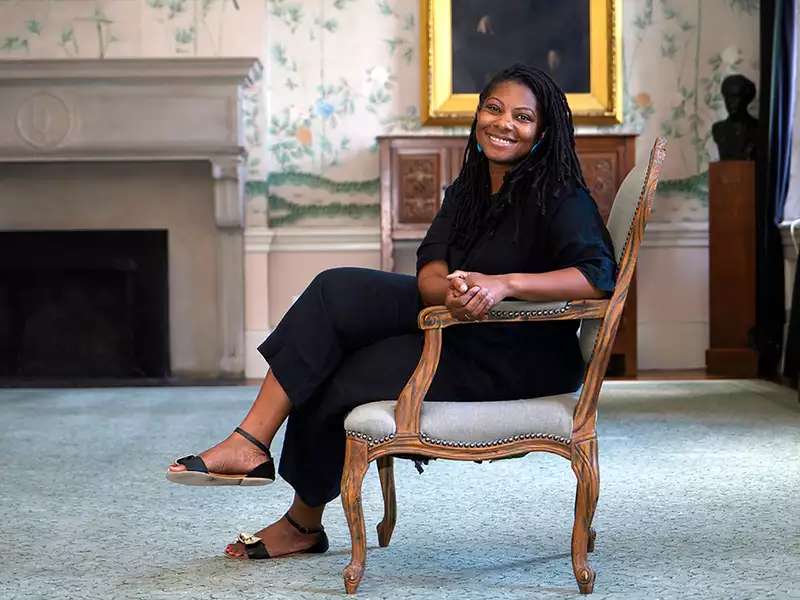As students ring in the New Year and a new semester at Barnard, they will be met with almost 30 new course offerings on campus this spring. Below, four faculty members describe courses that cover global artistic visions, queer theatre, and Zora Neale Hurston ’28.
Zora Neale Hurston: A Writing Life, with Monica L. Miller
Monica L. Miller, the Ann Whitney Olin Professor of English and Africana Studies, offers a course that anticipates the centennial of Zora Neale Hurston ’28’s matriculation in 1925 and graduation from Barnard. Students will deep-dive into Hurston’s role as one of the first African American women to have “writing” as a career and as one of the leaders of the Harlem Renaissance.
“I have been thinking about this class for the 23 years that I’ve been at Barnard,” said Miller. “I regularly teach classes on the Harlem Renaissance, but I’ve never taught a class exclusively on Hurston. She saw ordinary Black people as keepers of a rich culture that should be celebrated and studied.”
Students will partner with the Digital Humanities Center to produce projects sourced from the Barnard Archives and Special Collection as they look at the works of other African American alumnae, such as the archival holdings of the papers of Ntozake Shange ’70.
The Making of Global Contemporary Art: Exhibitions, Agents, Networks, with Dorota Biczel
In this course, term assistant professor of art history Dorota Biczel will guide students as they travel through time — with the help of art. They will make their way from World War II, the Cold War, and the 1989 fall of the Berlin Wall to the growing climate crisis in 2023.
“The fundamental objective of this course is to build different understandings of globalization and their underlying drivers and motivations,” said Biczel. “Students will examine art to explore alternative ideas of globalization being understood as the effect of the neoliberal capitalist project.”
Students will investigate how artists and exhibition-making have been influenced by the cultural, economic, and political movements of the 20th and 21st centuries. The course will also shed light on the efforts of contemporary artists and exhibition curators to expand the recognition of art beyond the Western context.
A major semester project will require students to reconceive an art installation from MoMA’s permanent collection galleries of the 1940s to the present. They will produce a podcast to discuss their selected installation.
“Students will look at how the Global South has been a vital locus and agent in imagining globalization ‘otherwise’ — that is, the globalization that stems from a vision for the shared future,” said Biczel. “In this way, the course is marked with a dose of utopianism that I think many of us might need right now.”
Early 20th-Century United States Drama and Performance, with Pamela Cobrin
Turmoil and political turbulence pave the way for great theatre, according to Pamela Cobrin’s course, which encourages students to think about “what made an American, American” in the late 19th and early 20th centuries.
Taught by the senior lecturer in English and director of Barnard’s writing and speaking programs, the seminar will “allow us to closely look at a historical moment — bearing in mind that the issues we will look at in class still follow us today.”
Each week, students will discuss what made early 20th-century theatre an effective forum for debate and political expression of some of the era’s most polarizing issues — women’s suffrage, the abolition of slavery, new immigration, and aggression toward queerness. They will look at plays written by Zora Neale Hurston ’28, Susan Glaspell, Eugene O’Neill, and others.
“The theatre stage — in its many incarnations — provided a platform for adherence and resistance to the sociopolitical norms about who belongs and who does not,” said Cobrin. “In the early 20th century, the stage became a laboratory for who gets to narrate histories, and thus construct ‘truths,’ and how to understand, create, or resist the rules of narration.”
As the start of the 20th century saw the emergence of the Harlem Renaissance and the American Little Theatre Movement, students will explore how theatre stages and the power of performance were at the center of a broader national conversation about American identity.
The Apollo: History and Culture in Harlem, with Shirley Taylor
Shirley Taylor, adjunct assistant professor of Africana studies, traces the roots of a cultural Harlem icon — the Apollo Theater — with students this spring.
The course, which surveys the Apollo’s pre-1934 history during the Harlem Renaissance, centers performers of decades past as students look at the landmark’s influence on current American theatre, music, and comedy.
It will be offered as part of Barnard’s Harlem Semester, which examines the famed neighborhood as a place where complex interactions helped to create the rich history that lives today.
Students will have a chance to attend performances and events taking place at member institutions of the Harlem Semester.
Find the complete Directory of Classes for Spring 2024 here.





